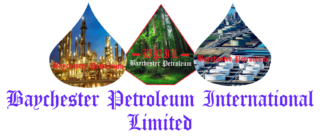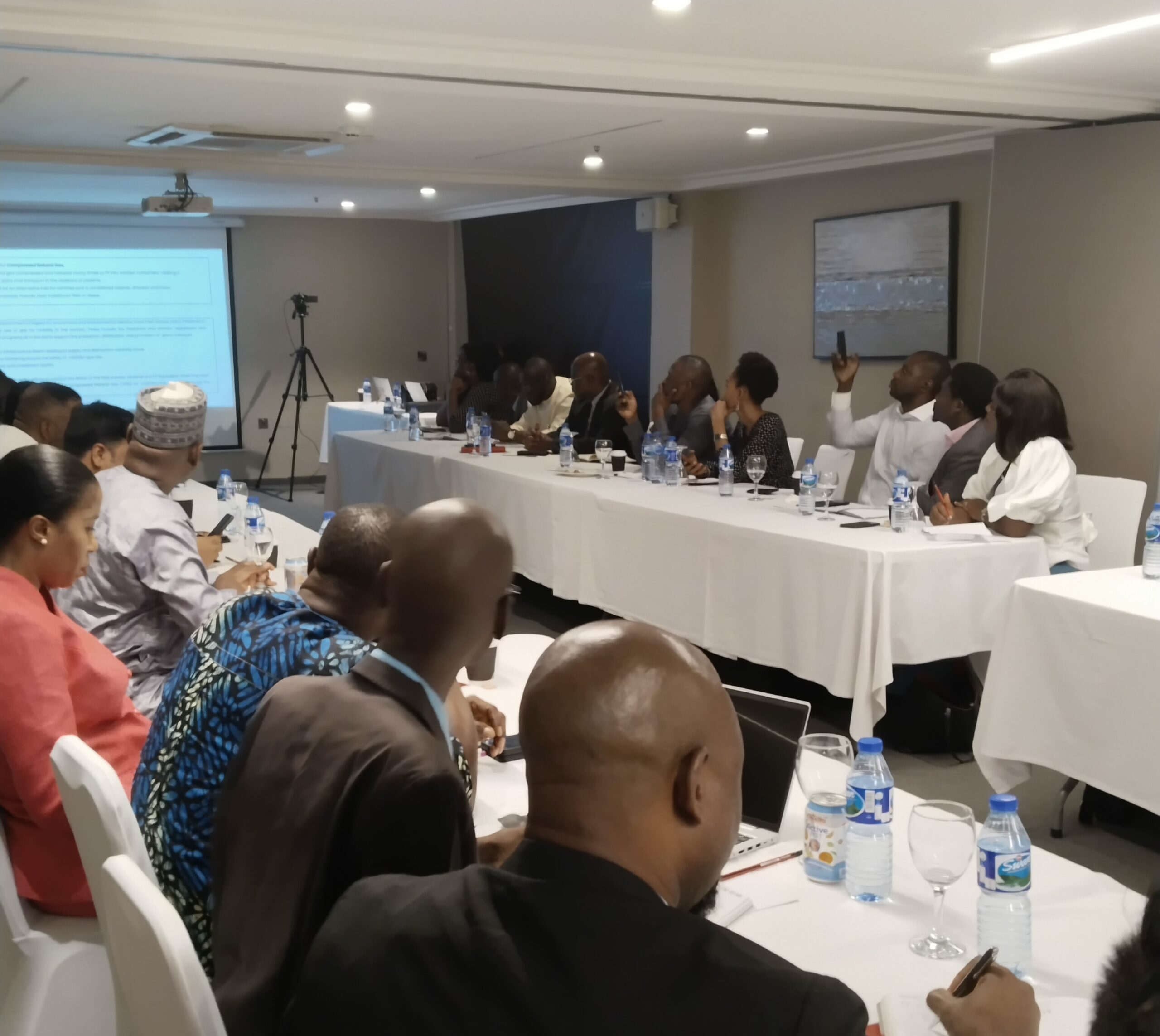The government of President Bola Ahmed Tinubu launched the Presidential CNG Initiative in October last year to deliver cheaper, safer and more climate friendly energy. The CNG Initiative was designed to deliver Compressed Natural Gas especially for mass transit. The removal of the fuel subsidy on May 29th, 2023 prompted the President to introduce this initiative in Nigeria.
The foregoing above initiated a stakeholders meeting organized by Presidential CNG Initiative (PI-CNG) in collaboration with Nigeria Mid-Stream and Downstream Petroleum Regulatory Authority (NMDPRA) and Gas Aggregator Company of Nigeria (GACN) held on 29th April, 2024 at Fraser suites, central area, Abuja.
Participants were made up of both domestic and international marketers as well as major stakeholders in the oil and gas industry. Ministry’s, Departments and Agencies of the government also recorded their presence as government regulators.
Engr. Michael Oluwagbemi, the programme director Presidential CNG Initiative in Nigeria chaired the meeting whose primary objectives were:-
a. To promote the use of CNG by marketers.
b. To build CNG conversion workshops by marketers.
c. To setup CNG refilling stations by marketers.
d. To assure marketers of PI-CNG support in facilitating the process.
In Nigeria, there are over 38,000 fueling stations with more than a population of over 200 million people in need of Refined Petroleum Products e.g. Automotive Gas Oil (AGO), Petroleum Motor Spirits (PMS) and Dual Purpose Kerosene (DPK) daily. The stakeholders having seen their responsibilities were filled with the following questions:
- How to finance the conversion process?
- How to priorities the various schemes?
- What is government role to stimulate the demand?
- What are government policies on importation of cars?
- How to achieve CNG model stations across the nation?
Engr. Michael Olugbemi responded to some of the questions with keen interest of the success of CNG in Nigeria, if only stakeholders are committed by noting the under listed:
- It is a financeable project for fuel conversion as the financing possibilities are clear.
- The conversion incentive programme is on CNG for commercial vehicles and is an opportunity for marketers to take advantage of it.
- Mobile refueling units are highly encouraged across the nation.
- The private sector will have to build their CNG plants themselves.
- Marketers were advised to source for partnership and sponsors while the government will be available to support them.
- Quality assurance will be highly adopted, SON and other sister agencies as FRSC are also working partners.
He added that the pilot project has started with the Nigerian Army and the MDA’s with over 250,000 vehicles. Two (2) buses in the state house have been converted to CNG.
The Presidential CNG Initiative (PI-CNG) concluded the meeting by giving the marketers needed assurance of their support in making government regulations favourable to interested marketers. Marketers were advised to send in their presentation to the secretariat, expect aggregate volumes/demands and project as well as communicating in areas of challenges.
The Group Managing Director and Chief Executive Officer of Baychester Petroleum International Limited, Chief (Dr.) Winston Odumu-Ojobi promised to partner with appropriate stakeholders in achieving the expected positive result on the use of CNG in Nigeria.
On our part as the third realm of the society, we must commend the efforts of the President of the Federal Republic of Nigeria, Bola Ahmed Tinubu, GCFR for his foresight and prompt action in finding alternative solution to the fuel challenge Nigerians are facing due to complete removal of oil subsidy. The use of petroleum products, be it Automotive Gas Oil (AGO), Petroleum Motor Spirits (PMS) and Dual Purpose Kerosene (DPK) affects every activity of man in a Nation like ours. Take for instance, the complete removal of the fuel subsidy has led to about 100% increase in food prize, transportation, accommodation, school fees and virtually every activity that has to do with human interaction and services.
Yes, the introduction of CNG buses and cars can ease the cost of transportation! Permit me to ask these questions: How many of the CNG buses/cars are available today? Can any personality in both the public and private sector show us the flexibility and purposeful use of CNG buses or cars? There are still more to be put in place for effective utilization of this innovation in Nigeria.
The above-mentioned is a clear lead to what we can achieve at this stage of prototype and testing of this technological change in transportation in Nigeria. One question is primary here, who takes responsibility of this social change introduced by President Bola Tinubu’s
government? Is it the government or the independent marketers that takes accountability of actualizing this dream?
Stakeholders in the petroleum industry are willing and strategizing on the way forward. Nevertheless, we use this medium to appeal to the government to kindly fund the pilot project by encouraging the stakeholders in equipping some filling stations and startups across the
Nation. The “Renew Hope Agenda” of the President will be more beneficial to the people with kind consideration to the above needs of the subjects.

